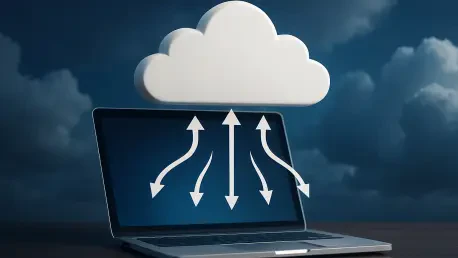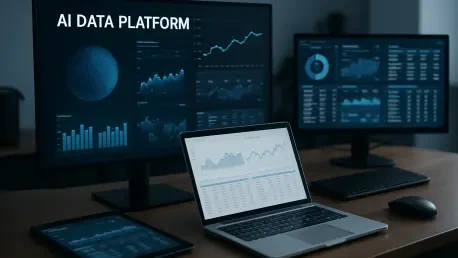
On September 27, at the Apsara Conference, Alibaba Cloud captured global attention by revealing an ambitious roadmap to redefine the landscape of artificial intelligence and cloud computing, setting a new standard for innovation. This annual flagship event served as a stage for the company to

Imagine a world where the sprawling networks of edge computing, vital for powering AI, IoT, and private 5G technologies, are managed with the simplicity of a single click, eliminating weeks of manual configuration and security risks while transforming operational efficiency. This vision is becoming

In an era where technology is advancing at an unprecedented pace, Microsoft stands at the forefront of transformative innovation, particularly in artificial intelligence (AI) and cloud computing, redefining industry standards. The company's strategic focus on these high-growth sectors has not only

In a tech landscape where innovation dictates survival, Oracle Corporation, a titan of enterprise software with roots dating back to 1977, has embarked on a transformative journey that could redefine its legacy. Headquartered in Austin, Texas, this industry veteran is no longer content to rest on

Introduction to Cloud Security Challenges In an era where businesses store vast amounts of sensitive data on cloud platforms, a staggering statistic reveals the vulnerability of these environments: nearly two-thirds of organizations have faced a cloud security incident in the past year,

What happens when the sheer volume of data in an enterprise becomes a barrier rather than a boon, and businesses find themselves drowning in information, struggling to transform it into actionable intelligence? In today’s hyper-competitive landscape, Dell Technologies has stepped into this chaos